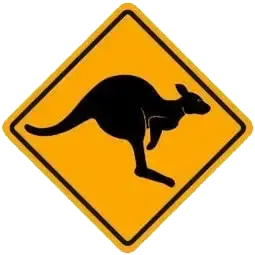

The government being the biggest job creator is not a good sign for the economy at large
How do you come to that judgement?
What do you count as “the economy at large”? How have you determined that this observation (the government being the biggest job creator) is a good sign for that, a bad sign for that, or no signal for that?
What connection does your definition of “the economy at large” have to do with life as lived by most people in that economy? If the connection is indirect, how do we determine whether “good for the economy at large” is good for the people in that economy?
I ask all this because it seems to me “the government being the biggest job creator” can be good or not good. It very much depends on how good the jobs created are: wages compared to cost of living, working conditions, stability of employment, and the social benefit of the work being done, among other factors.
If the government creates a bunch of jobs that society needs, and they’re good jobs, and all other factors that affect us are good, why should we care whether it’s “not a good sign for the economy at large”? The economy has been doing great during some really shitty times in society. I don’t think we should much care what is good for “the economy at large” unless it’s directly connected to working people’s lives.




It dates back at least to the 1980s, during the Hawke era.
A Labor party that cast unemployed workers as “bludgers”. A Labor party that concocted a Neoliberal Accord with the ACTU to suppress the rights of workers, as a means to keep wages (and worker power to negotiate better conditions) down. A Labor party that devastated social support by making unemployment benefits far more difficult to obtain.
All this was an “unleashing” of the private sector the effects of which still rage around us today.
https://jacobin.com/2020/10/australia-labor-party-neoliberalism-accord